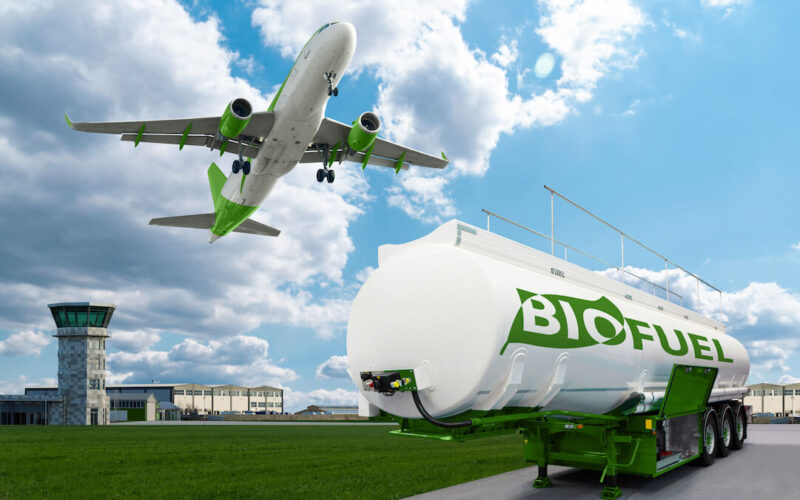The US Federal Aviation Administration (FAA) has granted $14.4 million to teams at 13 universities across the USA to undertake research critical to building a sustainable aviation system.
Since 2014, the FAA has invested more than $13 million in the effort being conducted by ASCENT, the FAA Center of Excellence for Alternative Jet Fuels and Environment.
According to the FAA, the universities’ research concentrates on identifying regional feedstock that can become sustainable aviation fuel using the region’s existing infrastructure, creating a dependable supply within reach of airport demand.
“Sustainable aviation fuels are a critical part of meeting our climate goals for aviation, and we want to help that industry grow and create jobs right here in the U.S.,” said U.S. Transportation Secretary Pete Buttigieg in the FAA’s statement.
“These funds will help build regional supply chains so that communities across our country – many of them rural – feel the economic benefits of producing sustainable aviation fuel.”
Of the $14.4 million, more than $1.4 million will go to five universities to undertake the research.
Some of the university research team in the project are:
Washington State University: $412,000
Examine the potential for retrofitting existing pulp and paper mills, sugarcane mills, dry corn ethanol plants, and petroleum refineries to enable jet fuel production from forest harvests, waste materials, and various crops.
Evaluate supply chains for their ability to create jobs, aid U.S. industry, and add resiliency to the national liquid fuel supply.
Massachusetts Institute of Technology: $450,000
Consider the economic and environmental sustainability of a range of fuel pathways, including the co-production of sustainable aviation fuel in existing petroleum refineries.
University of Tennessee: $100,000
Support the development of an industry to produce sustainable aviation fuel using woody biomass feedstock in the Central Appalachian Region.
University of Hawaii: $100,000
Develop a model for tropical oil supply chains and assess gasification systems to produce fuel and/or hydrogen from construction and demolition landfill waste.
Purdue University: $350,000
Understand the land use impacts of sustainable aviation fuels on greenhouse gas emissions.
A more detailed description of all 35 projects and their associated grant amounts can be reviewed here.

